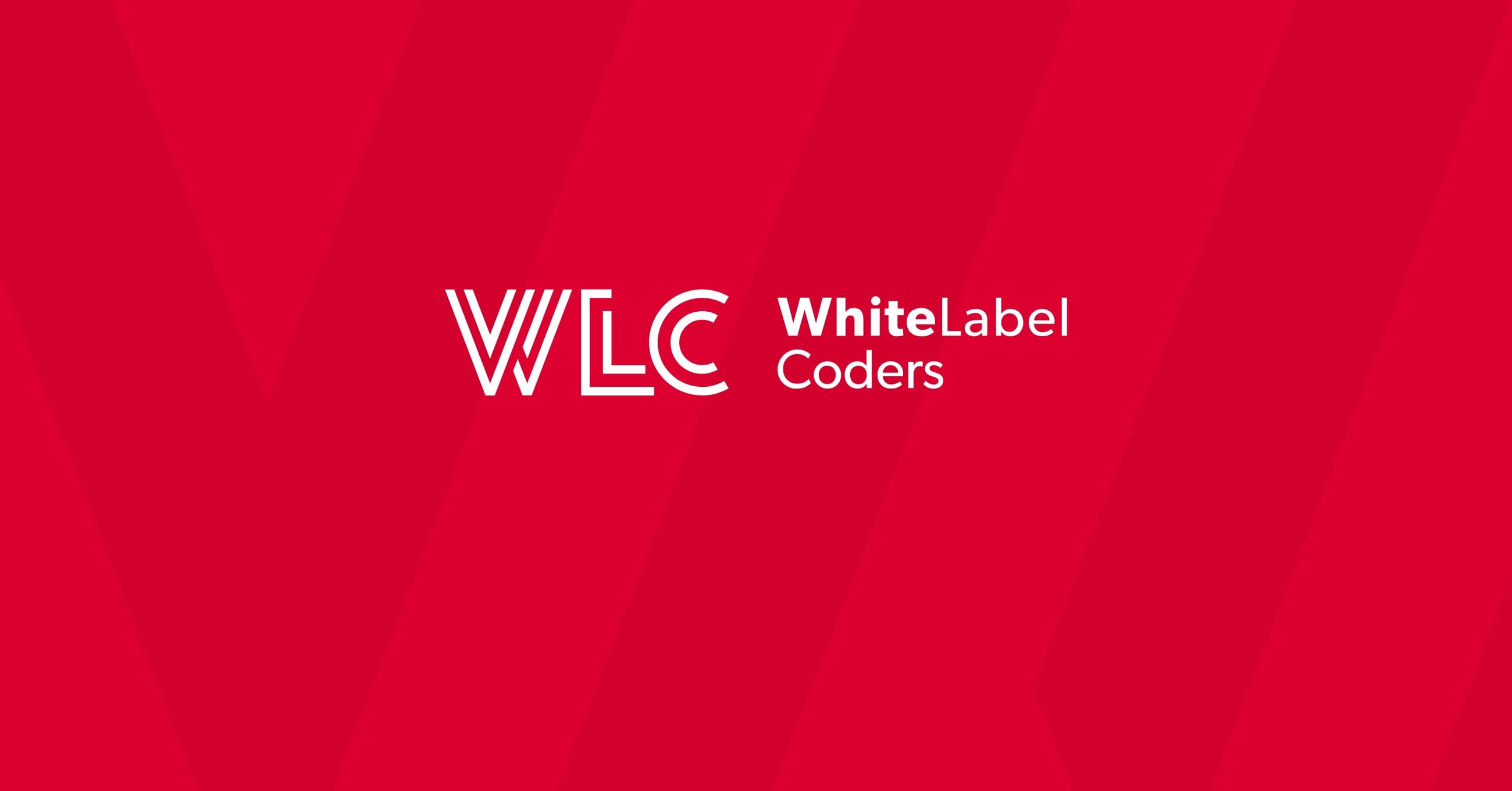Category: SEO AI
How do you ensure 99.9% uptime for online gambling sites?

Picture this: it’s Saturday night, millions of players are placing bets, and suddenly your gambling platform crashes. Within minutes, you’re losing thousands in revenue while players flood to competitors. For online gambling sites, achieving 99.9% uptime isn’t just a technical goal – it’s absolutely essential for survival in this ruthlessly competitive industry where every second of downtime translates to immediate revenue loss and damaged player trust.
What does 99.9% uptime actually mean for online gambling platforms?
99.9% uptime means your gambling site can only be down for 8 hours and 45 minutes per year, or roughly 43 minutes per month. This translates to just 10 minutes of acceptable downtime per week. For iGaming operations, this threshold is critical because players expect instant access to place bets, especially during peak sporting events or popular gaming sessions.
The mathematics behind uptime percentages reveal why 99.9% matters so much more than 99%. That extra 0.1% represents the difference between 43 minutes of monthly downtime versus 7 hours. In gambling, where players might wager hundreds or thousands during peak periods, those additional hours of availability can mean the difference between profit and significant losses.
Most successful online gambling sites actually target 99.95% or higher uptime because even brief outages during major sporting events can result in massive revenue losses. Players who can’t access your platform during the World Cup final or Super Bowl will immediately switch to competitors and may never return.
Why is uptime more critical for gambling sites than other websites?
iGaming uptime requirements exceed those of typical websites because gambling platforms handle real-time financial transactions, live betting odds, and time-sensitive gaming sessions. Unlike e-commerce sites where customers might return later, gambling involves immediate decisions where timing directly impacts potential winnings.
Live dealer games create particular challenges since they involve real people dealing cards or spinning roulette wheels in real-time. Any interruption breaks the gaming experience and can invalidate bets, leading to player disputes and regulatory complications. Sports betting adds another layer of complexity, as odds change constantly and players need instant access to place bets on developing game situations.
The financial implications are severe. A typical online casino processes thousands of transactions per minute during peak hours. Even a 10-minute outage can result in tens of thousands in lost revenue, while longer outages risk regulatory penalties and licence complications. Players also have zero tolerance for gambling site downtime because they view reliability as directly connected to trustworthiness with their money.
What infrastructure components are essential for achieving maximum uptime?
Redundant systems form the backbone of reliable gambling platform infrastructure. This means having multiple servers, databases, and network connections so that if one component fails, others immediately take over without players noticing any interruption.
Load balancing systems distribute traffic across multiple servers, preventing any single server from becoming overwhelmed during peak periods like major sporting events. Content delivery networks (CDNs) ensure fast loading times globally by serving content from servers closest to each player’s location.
Database clustering maintains multiple copies of critical data across different locations, so player accounts, balances, and game states remain accessible even if primary servers fail. Backup power systems, including uninterruptible power supplies and generators, protect against electrical outages that could bring down entire data centres.
Modern gambling platforms also implement geographic redundancy, maintaining complete backup systems in different countries or regions. This protects against natural disasters, political issues, or regional internet outages that might affect primary operations.
How do monitoring systems detect and prevent downtime before it happens?
Uptime monitoring systems continuously check server performance, response times, and system resources every few seconds. These tools can detect problems like increasing response times, memory usage spikes, or database slowdowns before they cause complete failures.
Automated alert systems immediately notify technical teams when performance metrics exceed predetermined thresholds. For gambling sites, these alerts might trigger when page load times exceed two seconds, database queries take too long, or payment processing experiences delays.
Predictive analytics examine historical performance data to identify patterns that typically precede system failures. This allows technical teams to perform maintenance or add resources during low-traffic periods rather than waiting for emergency situations.
Many gambling platforms implement automated scaling, where additional server resources are automatically deployed when traffic increases beyond normal levels. This prevents the system overload that commonly causes downtime during major sporting events or popular gaming periods.
What happens when an online gambling site goes down unexpectedly?
When gambling site downtime occurs, immediate incident response protocols activate to minimise impact and restore service quickly. Technical teams follow predetermined procedures to identify the problem source, implement temporary fixes, and communicate with affected players.
Player communication becomes crucial during outages. Successful gambling operators immediately post updates on social media, send email notifications, and display status pages explaining the situation and expected resolution times. Transparency helps maintain player trust during stressful situations.
Financial implications extend beyond immediate lost revenue. Operators may need to compensate players for interrupted gaming sessions, void certain bets, or provide bonus credits to maintain goodwill. Regulatory bodies often require detailed incident reports explaining what happened and what measures will prevent future occurrences.
Long-term reputation damage can be more costly than immediate losses. Players who experience multiple outages often switch to competitors permanently, and negative reviews on gambling forums can deter new players for months or years.
How do you measure and maintain uptime performance over time?
iGaming reliability measurement involves tracking multiple metrics beyond simple uptime percentages. Response time monitoring ensures pages load quickly even when the site is technically “up,” while transaction success rates measure whether players can actually deposit, withdraw, and place bets successfully.
Service level agreements (SLAs) with hosting providers and third-party services establish clear expectations and compensation for downtime. Many gambling operators negotiate aggressive SLAs that include financial penalties for providers who fail to meet uptime commitments.
Regular performance reviews examine uptime trends, identify recurring issues, and plan infrastructure improvements. This might involve upgrading servers during off-peak seasons, optimising database queries that slow down under load, or implementing new monitoring tools.
Continuous improvement processes involve regularly testing disaster recovery procedures, conducting planned maintenance during low-traffic periods, and staying current with security updates that could affect system stability. The most reliable gambling platforms treat uptime as an ongoing investment rather than a one-time technical setup.
Achieving 99.9% uptime for gambling platforms requires significant technical expertise, robust infrastructure, and constant vigilance. For iGaming companies seeking reliable WordPress-based solutions that can handle these demanding requirements, partnering with experienced developers who understand both the technical challenges and regulatory requirements of the gambling industry becomes essential for long-term success.

